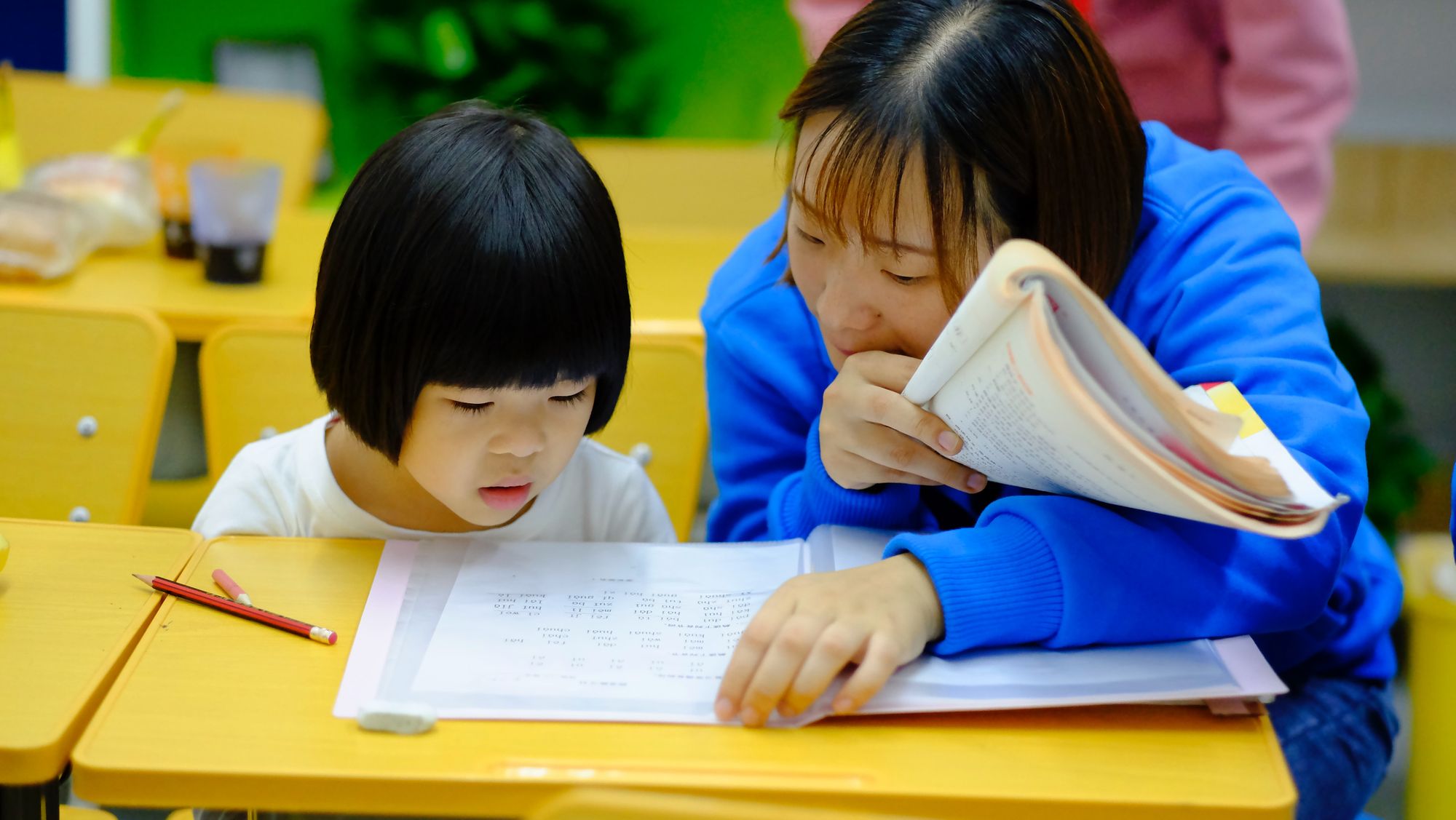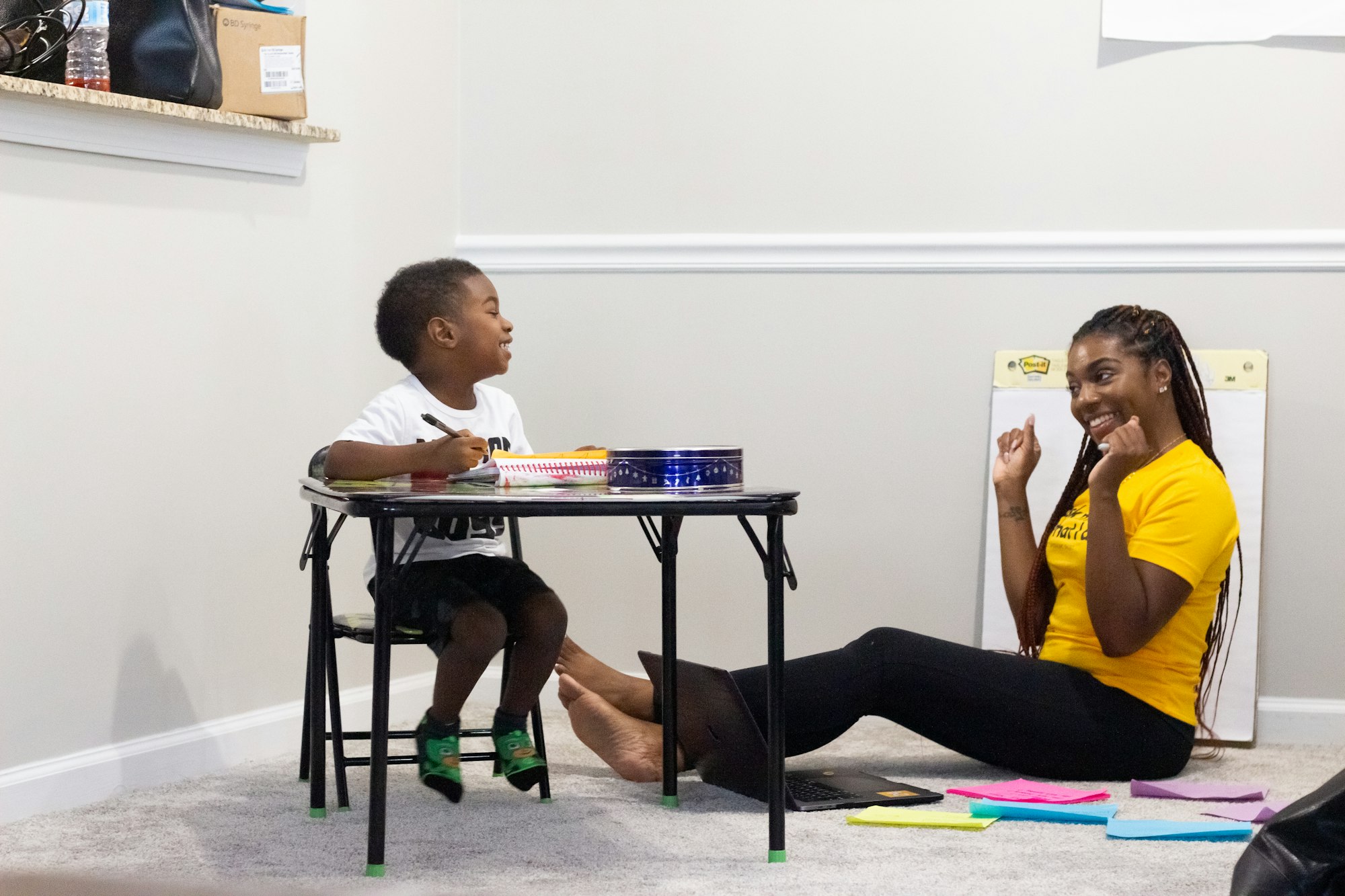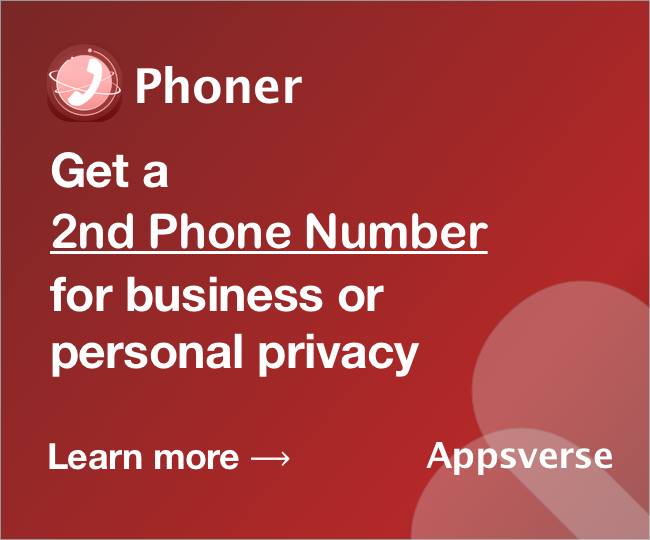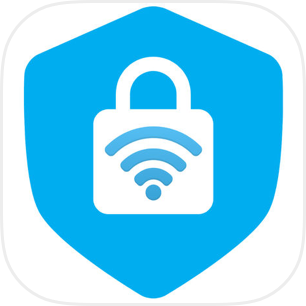Effective communication between teachers and parents is critical for the academic success of students. When parents are actively engaged in their child's education, they can better understand their child's strengths and weaknesses, support their learning at home, and collaborate with teachers to ensure their child's academic progress. However, with busy schedules and conflicting priorities, communication between teachers and parents can sometimes be challenging. In this article, we will discuss some effective ways for teachers to communicate with parents to strengthen their relationship and support student success.
Communicating With Parents: 9 Strategies For Teachers
Welcome Messages
A welcome message from a teacher to parents is an important communication tool that sets the tone for the upcoming school year. A well-crafted message can establish a positive and collaborative relationship between teachers and parents, which is essential for student success. Here are some ideas for what to include in a welcome message from a teacher to parents:
- An introduction about yourself and your background, experience, and teaching philosophy.
- Important information about your classroom, such as the class schedule, curriculum, and any special programs or activities.
- Provide your email address, phone number, and any other contact information they may need. Also, let parents know how often they can expect updates on their child's progress and how they can access this information.
- Set clear expectations for behavior, attendance, and academic performance. Let parents know what you expect from their child and what they can expect from you.
- Emphasize the importance of collaboration between teachers and parents in supporting student success.
- Express your enthusiasm for the upcoming school year and your excitement to work with their child.
Email Communication
Email is a quick and easy way for teachers to communicate with parents. It allows for quick responses and can be accessed from anywhere. Teachers can use email to share important information, such as class schedules, assignment deadlines, and upcoming events. They can also use email to update parents on their child's progress and to answer any questions or concerns parents may have.
Phone Calls
Although phone calls may seem old-fashioned, they can be an effective way for teachers to communicate with parents. Phone calls allow for more personal and in-depth conversations than email or text messages. Teachers can use phone calls to update parents on their child's progress, discuss any academic or behavioral concerns, and brainstorm ways to support their child's learning. They can also use phone calls to build rapport with parents and establish a stronger relationship. Having a robust and reliable phone system is thus a must-have for any teacher, and Phoner helps in this aspect by offering second phone numbers that can be accessed easily from a mobile app. Teachers can easily set up voice recording for note taking after having the conversation with parents, as well as set up call forwarding should they be unable to pick up the call during class time.
Parent-teacher Communication Journal
A parent-teacher communication journal is a tool used by teachers and parents to record and exchange information about a student's progress and behavior. It is a simple notebook or log that is used to document any important information about the student's academic and personal development.
The journal is typically kept in the student's backpack and can be passed between the teacher and parent on a daily or weekly basis. The journal serves as a platform for both the teacher and the parent to share their observations and concerns about the student, as well as to communicate important information about the student's progress.
Class Newsletters
Regular newsletters sent home to parents can be an effective way to communicate classroom activities, assignments, and upcoming events. Newsletters can be shared through email, text, or paper copies sent home with students. These newsletters can also include information on upcoming field trips, classroom projects, and other activities that involve parent participation. In addition, teachers can share their contact information, including email and phone number, so parents can contact them with any questions or concerns. Be it quarterly or weekly newsletter to parents from teachers, they are certainly a great addition for teachers to communicate with parents.
Online Platforms
Many schools use online platforms, such as Google Classroom, Schoology, or Canvas, to share information and resources with parents. These platforms allow teachers to post assignments, share class materials, and communicate with parents in real-time. Parents can also access their child's grades, attendance, and assignment submissions. These online platforms can provide parents with greater visibility into their child's academic progress and can help them support their child's learning at home.
Parent Workshops
Parent workshops can be an effective way for teachers to provide parents with the tools and resources they need to support their child's learning at home. Workshops can cover topics such as study skills, time management, and technology use. These workshops can also provide parents with strategies to help their child overcome academic challenges and develop a growth mindset.
Open House/Parent-Teacher Conferences
These events offer a great opportunity for parent-teacher communication, and share information about the child's progress, academic performance, and behavior in the classroom. These meetings can also help teachers gain insights into the child's home life, interests, and learning style. Teachers can use this opportunity to discuss ways to support the child's learning, set academic goals, and collaborate on a plan to help the child succeed.
Student-Led Conferences
Student-led conferences are a growing trend in education that encourages students to take ownership of their learning. During student-led conferences, students present their academic progress and set goals for the future. These conferences can be an excellent opportunity for teachers to involve parents in their child's learning and to showcase their student's academic achievements. By allowing students to lead the conference, teachers can also help them develop communication and presentation skills.
What Are Some Benefits Of Parent Teacher Communication?

Parent-teacher communication is an essential component of a student's education, and it can have many benefits for both the student and their caregivers. Here are some of the benefits of parent-teacher communication:
- Improved academic performance: When teachers and parents communicate regularly, they can work together to identify areas where a student may be struggling and develop strategies to help them succeed. Teachers can provide feedback on a student's progress and offer suggestions for how parents can support their child's learning at home.
- Increased engagement: Parents who are involved in their child's education are more likely to be invested in their child's success. When parents communicate with teachers, they gain a better understanding of what their child is learning and how they can support their child's learning outside of school.
- Early intervention: When teachers and parents communicate regularly, they can identify potential problems early on and take steps to address them before they become more significant issues. This can help prevent academic and behavioral problems from escalating and ensure that students receive the support they need to succeed.
- Positive relationships: When parents and teachers communicate effectively, they can develop positive relationships based on mutual trust and respect. This can create a supportive learning environment for students and help them feel more connected to their school and community.
- Consistency: When teachers and parents communicate regularly, they can ensure that expectations and strategies for learning are consistent both at school and at home. This can help reinforce learning and make it easier for students to understand what is expected of them.
- Cultural understanding: Parent-teacher communication can also help teachers better understand the cultural background and values of their students and their families. This can help teachers develop more culturally responsive teaching strategies that take into account the unique needs and perspectives of their students.
Positive parent-teacher communication is critical for promoting student success and creating a supportive learning environment. By working together, teachers and parents can help students reach their full potential and achieve their academic and personal goals.
Conclusion
In conclusion, effective communication between teachers and parents is critical for student success. There are a variety of ways for teachers to communicate with parents, such as a welcome message from teacher to parents, parent-teacher communication journal and phone calls. With these different communication channels, teachers can build positive parent-teacher communication and enable students to have great learning experiences in the classroom.

 4.5/5 on App Store
4.5/5 on App Store





